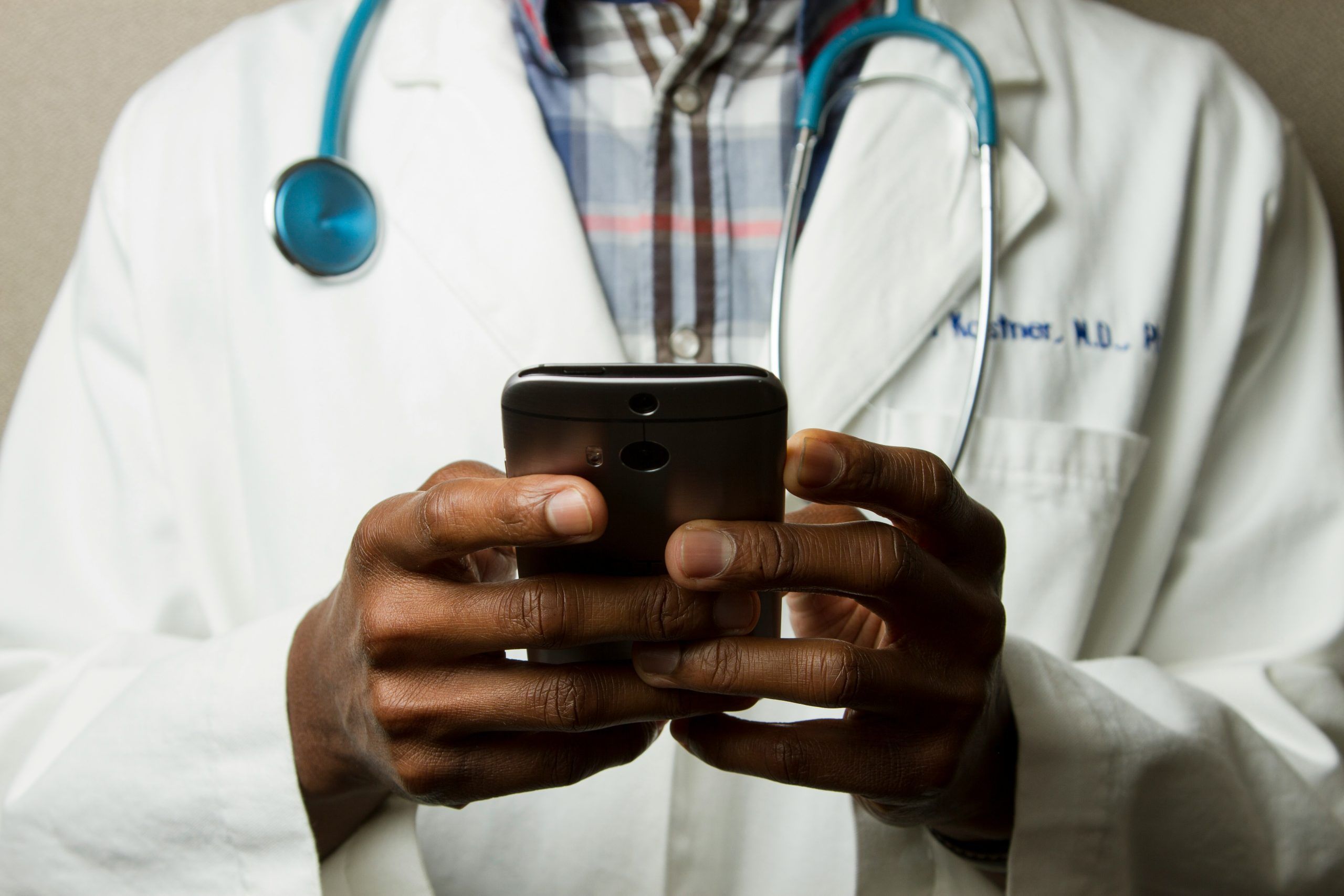Big data is the collection of incredibly large amounts of data from a wide range of sources. It’s characterized by the three Vs: Volume, Velocity and Variety.
Volume because the data being analyzed is many times larger than previously available. Velocity refers to the speed with which the data comes in and is compiled. Variety refers to the broad range of sources–the vast array of places and formats that the data is derived from. Because there is so much data from so many sources, traditional methods for collecting and analyzing the data don’t work, and new methods and algorithms need to be developed. Machine learning and AI (Artificial Intelligence) are necessary to handle the large amounts of high-velocity data.

What is big data in healthcare?
Using these same cutting-edge techniques can leverage big data for beneficial outcomes in the healthcare industry. Many industries have begun to make use of big data. Healthcare is one field that can greatly benefit from big data. There are many applications including improving patient outcomes, preventing disease, developing new medicines, cutting costs, reducing waste and minimizing medical errors.
The data used is a combination of structured and unstructured data. Unstructured data includes things like tweets, images and video. These are things that can’t be entered normally into a relational database.
Some of the sources of data include:
- electronic health records
- medical imaging
- social media
- patient surveys
- wearable monitoring devices
Benefits of big data analytics in healthcare
There are many potential benefits to using big data in healthcare industry. The outcomes benefit everyone involved, from patients, to doctors, care-providers, insurers and the community at large.
Because the massive volume of data, storage becomes more difficult. The volume of information is in the realm of terabytes or petabytes, which becomes increasingly difficult to store, let alone analyze and organize to put to use for practical applications. A plethora of new technologies and services have therefore been created. There are many companies that provide valuable data science consulting for the purpose of better leveraging big data in healthcare.
Big data can help predict and manage epidemics, help diagnose patients, predict disease outcomes, and better allocate staff and resources at hospitals.
Use cases of big data for healthcare
1.) Preventing error in medication or treatments
While doctors and other healthcare professionals are trained very well and have a high degree of accuracy, human error will always exist. People can overlook things, be distracted or tired. Data science in medicine can be used as a means to double-check a doctor’s prescriptions to ensure accuracy. Data from studies and other sources can be pulled to verify the accuracy, and if incorrect, notify the professional
2.) Reducing waste and increasing efficiency
A big data healthcare company can be used to analyze peak hours for hospital admissions. Then staff and resources can be allocated accordingly. This will decrease times when the hospital is understaffed, leaving customers dissatisfied or unattended, and times when it’s overstaffed, wasting resources by having more staff than necessary.
3.) Predicting diseases and epidemics
Big data can illuminate patterns that indicate epidemic emergence. In fact, wastewater testing was one way that Covid-19 was tracked. The large amounts of data tracking wastewater allowed medical data scientists to note the prevalence of Covid-19 in different areas, and to identify different strains of the infection. This helps protect community health.
Leveraging big data for medical insights
How can big data best be leveraged? One promising field is predictive analytics. There is a great opportunity to collect data, organize it in a structured format, and then analyze it to look for patterns or other relevant information. The information collected can then be used to predict future outcomes, such as pinpointing which patients are most likely to develop certain conditions or diseases, which patients are more likely to react poorly to a particular medication based on their genetic sequencing, or identifying people most at risk for suicide or depression and providing resources to try to help them.

Future of big data for healthcare
Big data has the potential to transform healthcare in many exciting ways. Electronic Health Records (EHRs) are now the norm. This makes it much easier to standardize patient health records and help keep patients accountable. Currently, healthcare organizations all have their own distinct EHR’s for each patient. In the future, with more data sharing enabled between organizations, there can be more oversight. If healthcare organizations can share the information about a particular patient with each other, they will be able to see when the patient has been seen at the hospital, what prior diagnoses they were given, which lab tests, what the results were, and so on. With this information in hand, the provider can avoid ordering the same lab tests twice, cut back on unnecessary duplicate treatments, save costs, and provide more accurate and appropriate care for the patient.
In the future, big data will play a larger and larger role in all areas of medical care. Big data in healthcare companies will help streamline healthcare and make organizations more efficient. The huge volume of data and the fast pace it is being created and collected creates a need for different methodologies and technologies to store and appropriately analyze the data. Much of big data is unstructured, so algorithms and machine learning must be utilized in order to understand this data. For instance, AI can now be used to analyze the results of certain imaging tests, such as CT scans, and determine whether the results are abnormal or not. In the future, many other uses will be developed for big data.
In conclusion, big data has already proven itself as a valuable tool for healthcare. Sources of data will only continue to grow in the future. Collecting all this data, analyzing it, looking for patterns, and utilizing it to improve the healthcare industry is the challenge for medical data scientists. How they deal with these challenges can transform healthcare in a positive direction for years to come.

